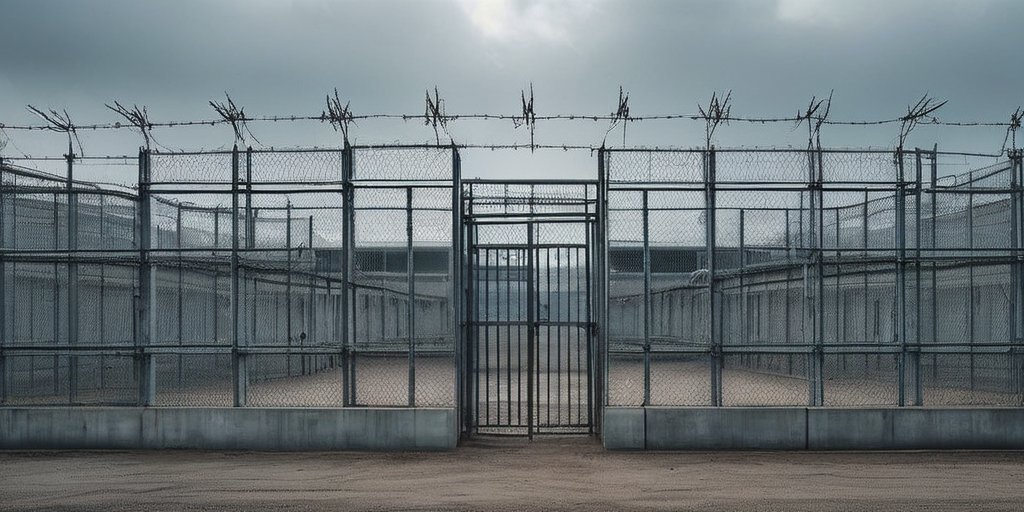The recent deportation of Venezuelans by the United States to a maximum-security prison in El Salvador has invoked significant outcry, especially against the backdrop of the Trump administration’s controversial immigration policies. Fueled by the desire for a better life, many, like Oscar Pineda, found themselves entangled in a dire situation that no one could have anticipated.
Oscar’s mother, Gertrudis Pineda, describes her son’s plight, revealing that he immigrated to the U.S. in search of the American Dream. Instead, the families of the 238 deported Venezuelans have fallen into despair, left without communication and information about their loved ones. The U.S. government accused these individuals of gang affiliations, specifically claiming they are part of the Tren de Aragua gang, leading to their deportation without legal recourse under the 1798 Alien Enemies Act.
Critics argue that these deportations are emblematic of a larger issue surrounding Trump’s immigration policies, often depicted as heartless and overly aggressive. Notably, many of the individuals deported to the Cecot prison, renowned for its harsh conditions—marked by windowless cells and lack of sunlight—may not even have criminal records, casting doubt on the legitimacy of their treatment.
Legal experts in El Salvador, such as immigration specialist Napoleon Campos, highlight the constitutional violations of these deportations. He argues that many of those detained did not commit any crimes in El Salvador, challenging the legality of their transfer to such a facility meant for serious offenders. The backlash has surged not just from human rights advocates overseas but within El Salvador itself, where the government faces increased scrutiny over human rights violations.
The perplexing aspect of these events lies in the collaboration between the U.S. and El Salvador regarding immigration enforcement, which raises questions about international legal standards and humanitarian rights. Jaime Ortega, a Venezuelan attorney, has been fighting for the release of these individuals, calling the situation “unprecedented” and akin to actions seen in times of slavery.
Despite the backlash, President Nayib Bukele continues to defend the Cecot facility and his administration’s policies, which have generally enjoyed popularity among Salvadorans due to their effects in reducing gang violence. However, the broader implications of deporting individuals without due process represent a significant point of contention.
In conclusion, the deportation of Venezuelans to the Cecot prison under the Trump administration highlights ongoing struggles and controversies surrounding immigration policies in the U.S. and the treatment of deported individuals. As their families gather to protest in Venezuela, the demands for equitable treatment and basic human rights continue to echo, challenging the narrative set forth by policymakers.
The harsh realities faced by those enshrined within the walls of the Cecot bring to light major humanitarian concerns, underscoring the critical need for reform in deportation practices and the safeguarding of human dignity irrespective of immigration status.
